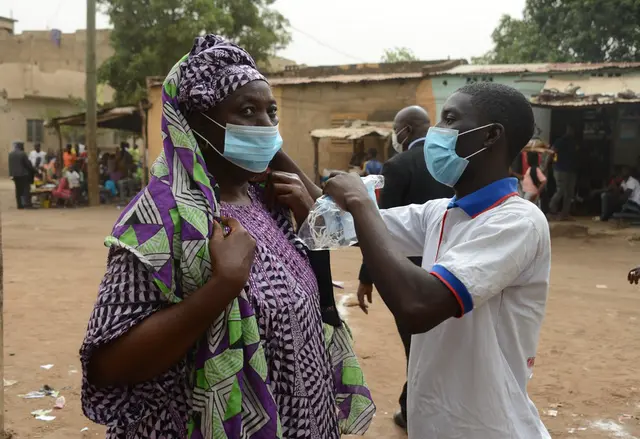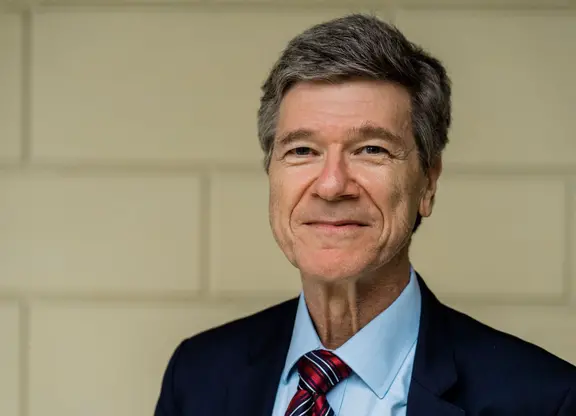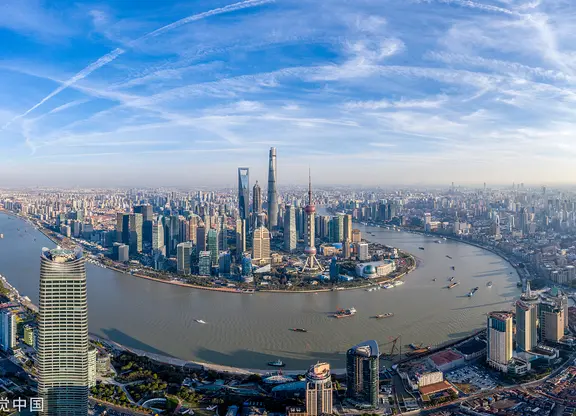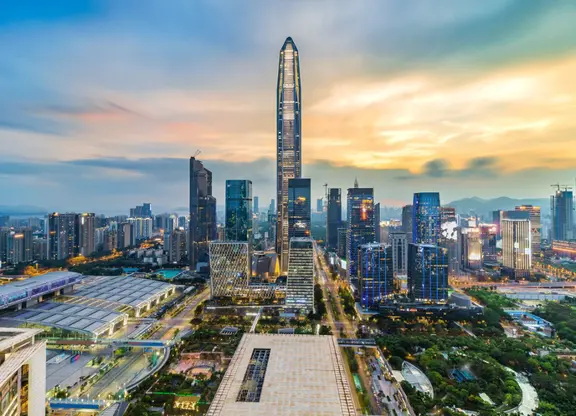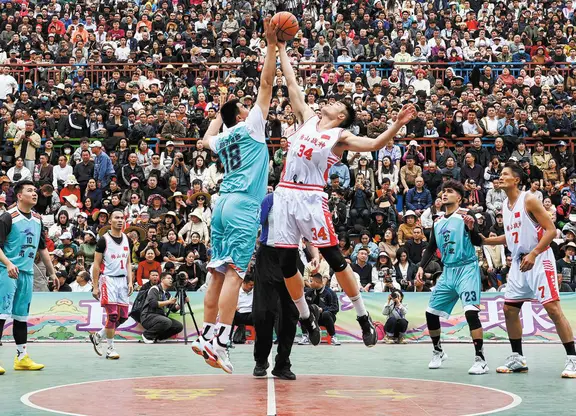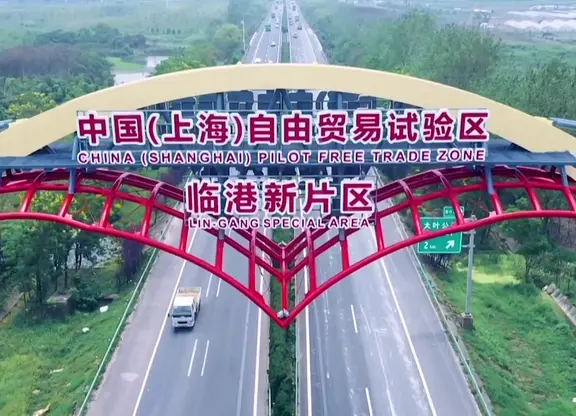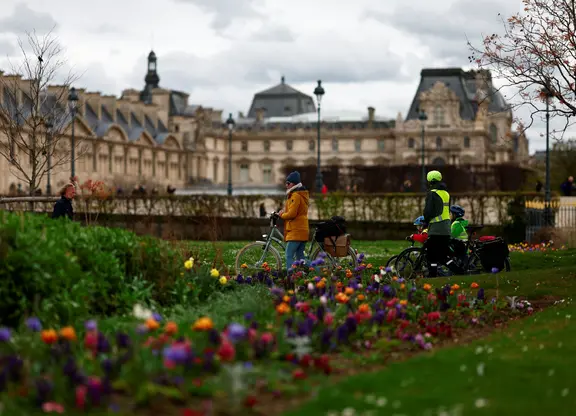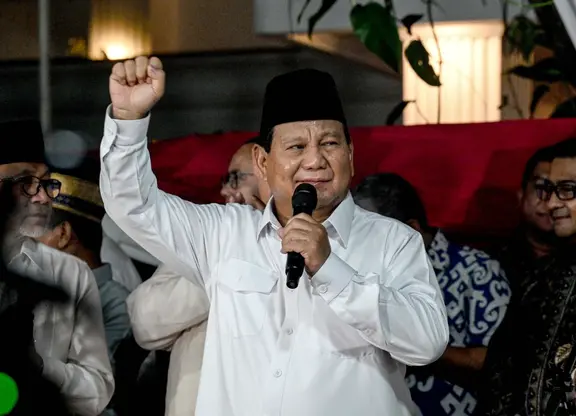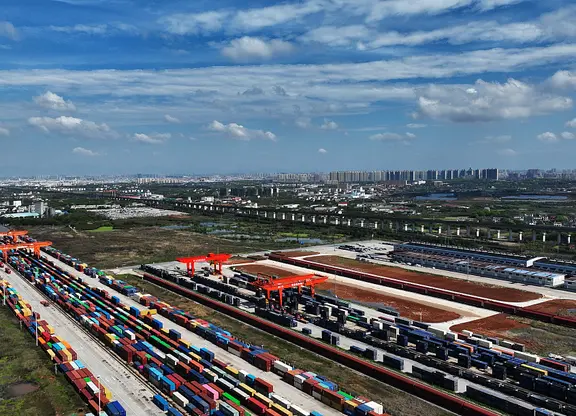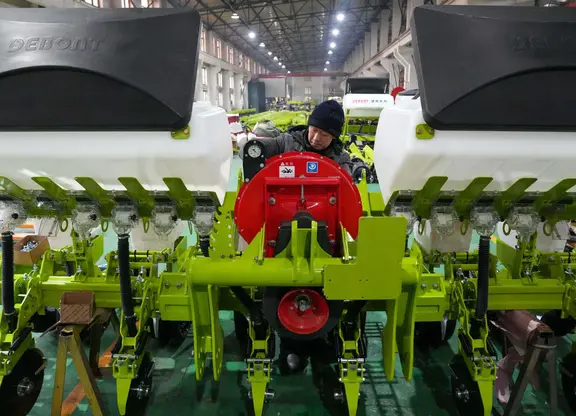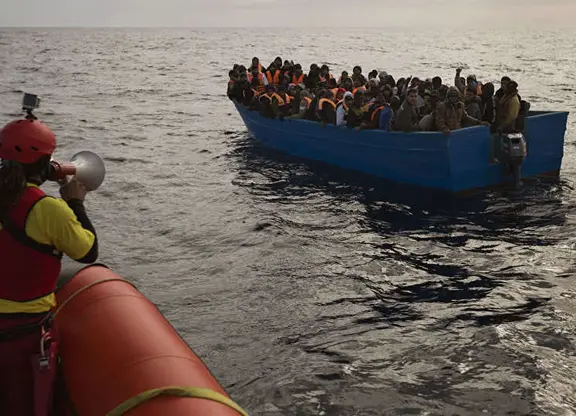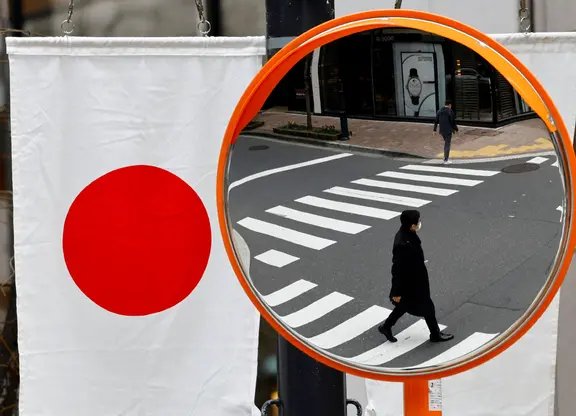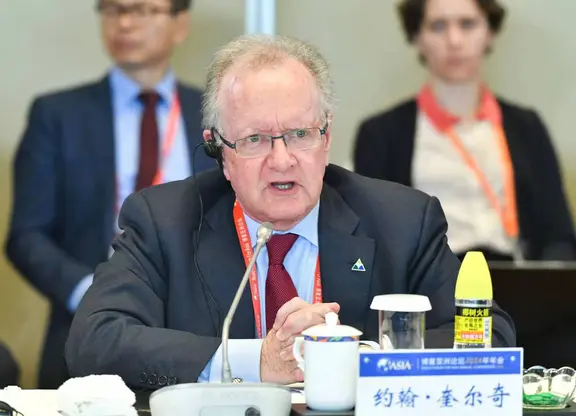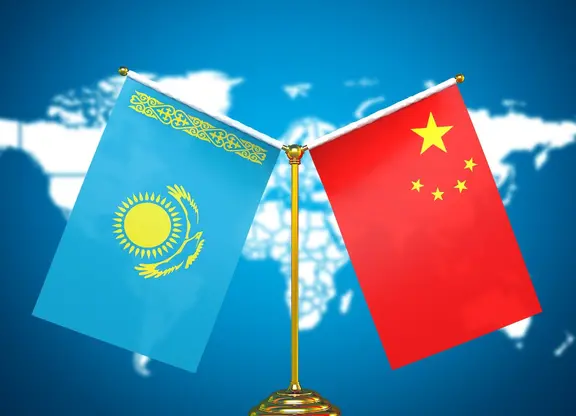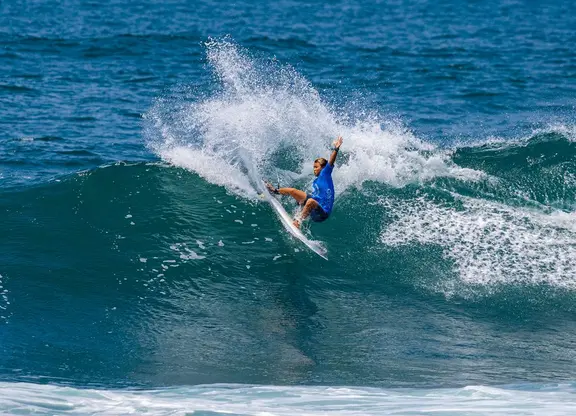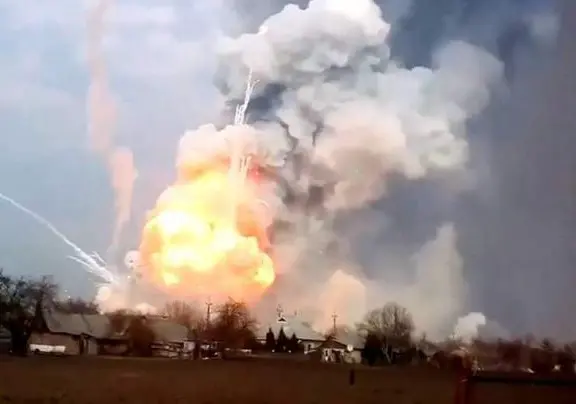Video: UN Secretary-General Antonio Guterres on June 11, 2020, stresses the need for continued international commitment to Mali, as the country continues to navigate the path to political stability while confronting numerous obstacles including terrorism and the COVID-19 pandemic. (Xinhua/Xie E)
"Building a politically stable and more secure Mali requires our collective and sustained commitment and MINUSMA's continued support," says Antonio Guterres.
UNITED NATIONS, June 11 (Xinhua) -- United Nations Secretary-General Antonio Guterres on Thursday stressed the need for continued international commitment to Mali, as the country continues to navigate the path to political stability while confronting numerous obstacles including terrorism and the COVID-19 pandemic.
The UN chief was addressing the Security Council which held a briefing on the West African country, where a UN mission, known by the French acronym, MINUSMA -- the most dangerous place to serve as a "blue helmet" -- has been supporting the government since 2013.
"Building a politically stable and more secure Mali requires our collective and sustained commitment and MINUSMA's continued support. We owe this to the people of Mali and the Sahel region, who deserve a better future," Guterres told ministers and ambassadors attending the meeting.
As in the wider Sahel, terrorist groups and criminal organizations are expanding their operations in Mali.
Recent attacks in Mopti, in the restive central region, have left at least 100 people dead.
"I remain very concerned about the situation in central Mali, where terrorist activity continues to fuel violence among communities, taking a heavy toll on the local population," the UN chief said.
Three members of Malian security forces are deployed to ensure security at a polling station in Bamako, Mali on April 19, 2020. The second round of legislative elections kicked off this Sunday at 8 a.m. GMT for Malian voters to choose the remaining 125 of the 147 deputies for Mali's National Assembly. (Photo by Habib Kouyate/Xinhua)
Though encouraged by government efforts to address the crisis, Guterres urged the Malian authorities to take greater action to combat impunity, which is essential to ending the violence.
"I would also like to highlight the need to bring to justice the perpetrators of crimes against peacekeepers. One hundred and twenty-eight peacekeepers have been killed as a result of malicious acts, and not a single perpetrator has been held accountable," he said.
"I am appalled by allegations of summary killings and executions of at least 38 civilians by the Malian armed forces in two villages in Mopti region last weekend, in one case with the support of traditional hunters. I welcome the government's announcement to investigate these serious violations and I call on the authorities to do everything possible to hold the perpetrators of these heinous crimes accountable," he added.
The secretary-general also reported on progress in implementing the Peace Agreement signed in 2015 by the authorities and two coalitions of armed groups.
The deal came in the wake of conflict in 2012, which led to the occupation of northern Mali by radical Islamists, including the ancient desert city of Timbuktu.
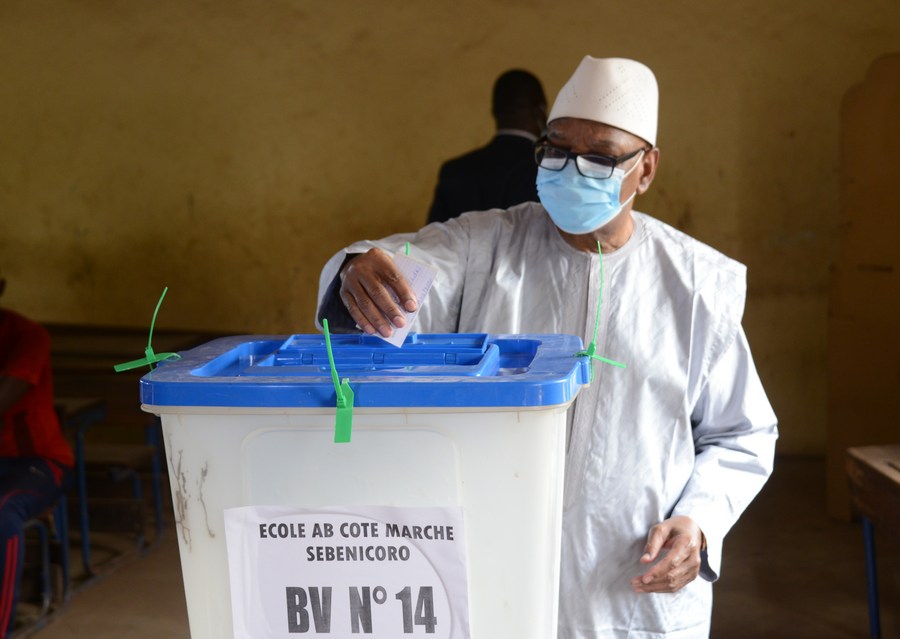
Malian President Ibrahim Boubacar Keita casts his ballot at a polling station in Bamako, Mali on April 19, 2020. The second round of legislative elections kicked off this Sunday at 8 a.m. GMT for Malian voters to choose the remaining 125 of the 147 deputies for Mali's National Assembly. (Photo by Habib Kouyate/Xinhua)
In the past year alone, Mali has held an inclusive national dialogue, while more than 1,000 former combatants with the armed movements have been integrated into the national forces.
Reconstituted units are now in the north, marking the first formal presence of the army there since 2012, thus paving the way for greater state administration and other developments.
"The new parliament, currently in session, is expected to play a key role in enacting institutional reforms envisaged in the agreement, including through the holding of a constitutional referendum," the secretary-general said.
"These mostly positive developments are promising. I encourage the signatory parties to strengthen mutual trust and to work together to keep up the momentum in the peace process, which remains the only pathway to a politically stable and more secure Mali," he added.
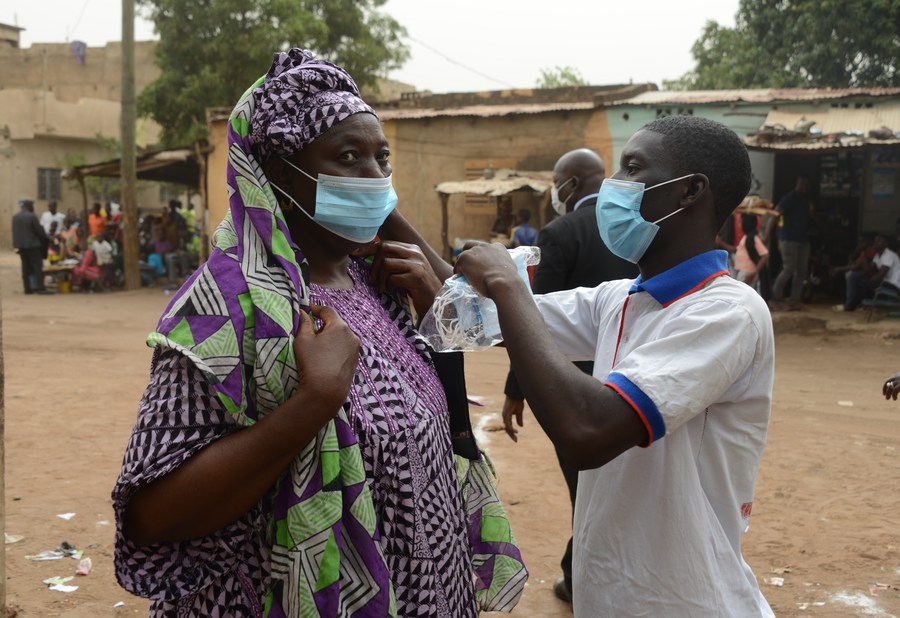
A polling station staff member checks body temperature of a voter outside a polling station in Bamako, Mali on April 19, 2020. The second round of legislative elections kicked off this Sunday at 8 a.m. GMT for Malian voters to choose the remaining 125 of the 147 deputies for Mali's National Assembly. (Photo by Habib Kouyate/Xinhua)
Guterres underscored the various ways MINUSMA -- officially the UN Integrated Stabilization Mission in Mali -- has been supporting the country.
MINUSMA assisted with the holding of legislative elections in March, which saw more women elected to office, though the secretary-general said there is still a long way to go.
MINUSMA has also joined national efforts to counter the COVID-19 pandemic, which threatens to increase the number of people requiring humanitarian aid to 5 million in the coming months.
The pandemic has also added to the UN mission's already challenging operating environment. So far, 100 personnel have contracted the disease, and two peacekeepers have died.
The escalating violence in the Sahel region has created one of the fastest growing displacement crises in the world, according to UN refugee agency UNHCR, which will launch an appeal on Friday to address the growing needs. ■
 简体中文
简体中文

